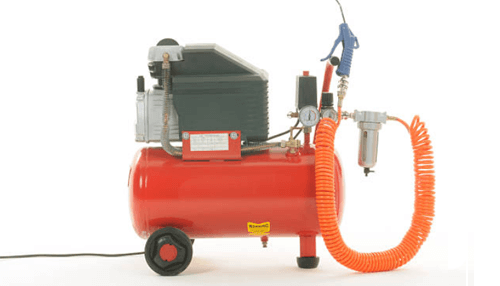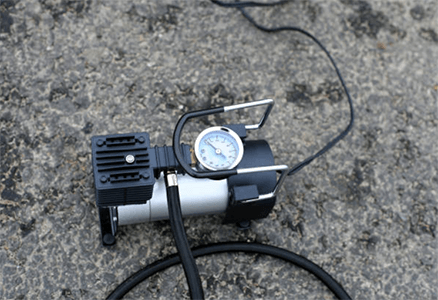There are various causes of air compressor noise. However, most of the noise arises from friction between parts. An air compressors noise level is proportional to the number of its moving parts – this is also true in the motor. Because they induce combustion and have many moving parts, gas-powered compressors are bound to be louder than electric compressors.
Apart from friction, the environment in which your compressor operates might also add to its noise. Any noises, including those created by compressors, might be amplified by smooth concrete surfaces and open places.
It could be a concern if your factory ground surface has the acoustics of a large gymnasium. This article discusses some of the key elements of silent air compressors and what you need to know about them.
What You Should Know About Air Compressors
Air compressors have over the years been defined as pneumatic devices that convert power (using an electric motor, diesel or gasoline engine, etc.) into potential energy stored in pressurized air (i.e., compressed air).
Most air compressors have a noise range of 65 to 100 decibels (comparably a quiet office to a lawnmower), while quiet air compressors have a noise range of 40 to 70 decibels. Loud compressors may have the following effects:
Loud noises increase dysfunction and disorder in the workplace; it is common knowledge that loud noises can impair morale, impede communication, and decrease the productivity of staff.
Compressors that make a lot of noise are inconvenient. The loud motor’s frequent starting and stopping might be a persistent source of distraction.
Effect of Prolonged Exposure to Loud Noises
Employees who endure long periods around loud compressors may suffer Noise-Induced Hearing Loss (NIHL) if business noise safety standards are lax or unenforced. Long-term exposure to loud noises or single exposures to excessively loud noises can both cause NIHL.
Tinnitus is another hearing problem that can occur in conjunction with NIHL. Loud noises can also produce tinnitus, which causes a ringing in the ears. It could become so loud that you cannot hear anything else.
Even if your compressor is not loud enough to inflict hearing loss, it could still be detrimental to your business. Due to financial constraints, numerous small firms function with limited space, which implies that in-person client interaction or phone calls may occur near a compressor. A running compressor could disrupt business conversations and make your company appear less professional than you would like.
Benefits of Using a Silent Air Compressor
There have been numerous complaints about time about the cons associated with air compressors, certainly not the silent ones.
In a nutshell, below are summarised benefits of acquiring and using a silent air compressor:
No hearing difficulties
If you are exposed to high noise levels for an extended period, you are more prone to develop hearing difficulties. On the other hand, a quiet compressor allows you to operate in a peaceful, noise-free environment and eliminates the need to strain when conversing. As already stated, ultra-quiet air compressors can have decibels as low as 40dB and only as high as 65dB which is a suitable hearing level for work machines.
It Produces Pure Air
The value of clean air in our lives cannot be overemphasized. Unfortunately, the air we breathe is sometimes contaminated with various pollutants that can be harmful to our health. However, with a quiet air compressor, you will have clean air, which means you and others will not be exposed to the respiratory issues that occur with contaminated air.
Increased Productivity
Increased productivity means greater output from the same amount of input. Your employees can concentrate better and operate with more efficiency when noise levels in the workplace are lowered.
With the absence of loud noises, communication across teams will be smoother, resulting in increased workshop productivity. If you’ve got a happy workforce, their productivity will increase, and nothing makes staff happier than conducive workspaces.
Reliable Results
Most silent compressors are oil-lubricated and built to survive high-performance working circumstances. With proper maintenance, you will have acquired something that will allow you to work without interruption. They are also built to last longer as they do not wear out as quickly as loud compressors. A low noise air compressor is a popular choice for heavy-duty and industrial applications since it can work continuously.
Reduces the risk of injury and damage to equipment
Workplace hazards have the potential to cause personal injury, negative effects on staff health or efficiency of the compressor. Assume you work in a field where communicating is difficult because noise disrupts the workflow – you could endanger yourself and jeopardize the machine.
Conclusion
Silent air compressors do not just ensure you have a calm working environment, it also protects you and your staff from Induced Hearing Loss from consistent exposure to loud noises. At the end of the day, when the disturbances at the workplace are minimized, efficiency is increased.



